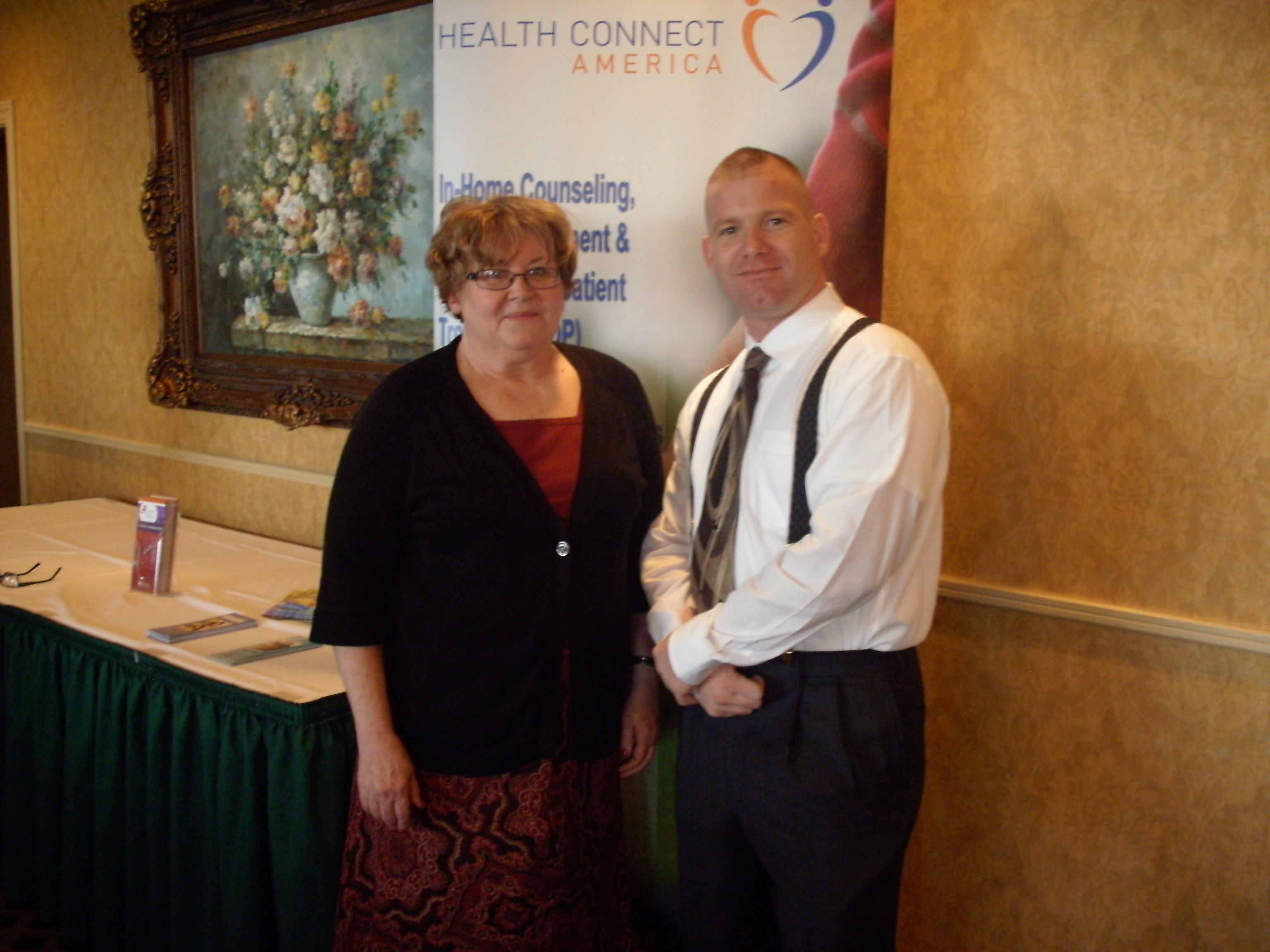Professionalism
Identify as a professional social worker and conduct oneself accordingly.
“Social workers serve as representatives of the profession, its mission, and its core values. They know the profession’s history. Social workers commit themselves to the profession’s enhancement and to their own professional conduct and growth.” – CSWE (2008)
Me with my advanced-year field instructor Pat Shaw
Practice Behaviors
a. Identify professional strengths, limitations, and challenges for optimizing advanced use-of-self.
Learning evidenced by:
- Analyzing how suitable my personal ethics and values are to social work practice in this reflection paper.
- Reflecting on the potential strengths and weaknesses of my personality relating to social work practice in my Big Five Personality paper.
- Assessing my professionalism in this paper and through periodic surveys such as this one.
- Transcribing and reviewing therapy session demonstrations such as this Cognitive Therapy demonstration video for areas of strength and growth. Examples include my Group Therapy Self-Assessment Paper and my Solution Focused Self-Evaluation Paper. Twice monthly during my field practicum I discussed strengths and areas for growth with my field supervisor in addition to journaling on the same.
b. Implement supervisory and self-care strategies.
Learning evidenced by:
- Expanding upon a class assignment during field practicum by creating a weekly schedule, which helped me better manage my time.
- Attending the RCTA Integral Officer Survival/Peer Support class.
- Learning to better recognize and examine my automatic thoughts, control my emotions, and modify my behavior to be more positive through tools such as the Automatic Thought Record Form and the Dodson scale, while learning how to help clients do the same.
c. Demonstrate the commitment to professional growth through continuing education, supervision, and ongoing consultation.
Learning evidenced by:
- Completing a Professional Development plan.
- Thoroughly reviewing research on supervisory practices and the traits of a great supervisor, then writing a Clinical Supervision Paper outlining how I would conduct supervision with a future supervisee.
- Attending various trainings and seminars during my field practicum, such as the GREAT (Greet, Relate, Exceed, Affirm, and Thank) customer service training.
